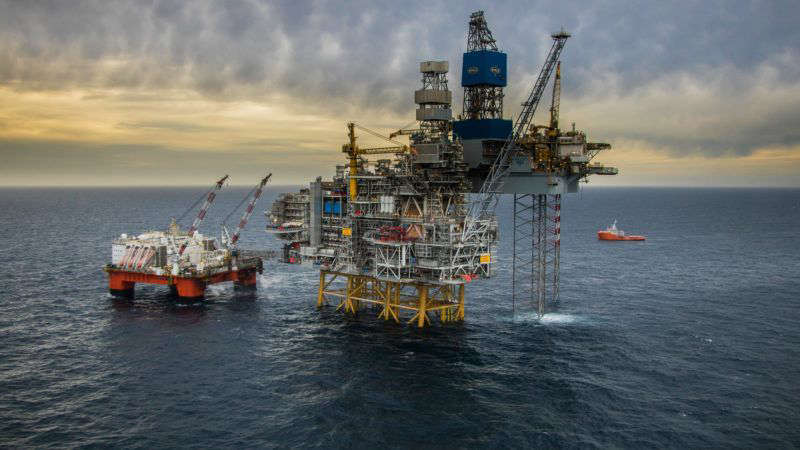
The Minister of State for Petroleum Resources (Oil), Heineken Lokpobiri, says increased production is the easiest solution toNigeria’s fuel crises.
He mentioned this on the sidelines of the just concluded ministerial retreat at the State House, Abuja.
Lokpobiri suggested that the country ramp up crude oil production to feed big and modular refineries, the oil industry’s biggest employers of labor.
“If we don’t, the midstream and downstream will also fail. We must produce the crude to refine before distribution,” he said.
“But our problem right now, which we inherited, is the low level of production, which was a result of insecurity issues, lack of investments, and all other concerns.
“But we are addressing all those issues, and I believe that in the next few months, we will be able to come up with a different report.”
Lokpobiri was optimistic that Nigeria would start producing about 2 million barrels of crude everyday by the end of 2023.
The highest daily production in the year was recorded as 1.35 million barrels in September, hundreds of thousands of barrels less than the OPEC quota of 1.8 million barrels for the month.
Lokpobiri disclosed that the first phase of the three-phased rehabilitation of the Port Harcourt and Warri refineries will be completed in December, while Phases two and three of the Port Harcourt refinery will be done in 2024.
He also said the Kaduna refinery will be ready to accept and refine crude by the end of 2024.
Those are according to the timeline given by the Nigerian National Petroleum Company Limited (NNPCL).
But energy watchers are demanding a forensic audit of government refineries.
Citing a report by the 9th National Assembly, they say the refineries are operating at less than 30 percent capacity despite the commitment of over $25 billion for rehabilitation over the past 10 years.
The 10th Senate has set up an ad-hoc committee to probe over N11.35 trillion expended by the NNPCL on the Turn Around Maintenance (TAM) of the refineries.


